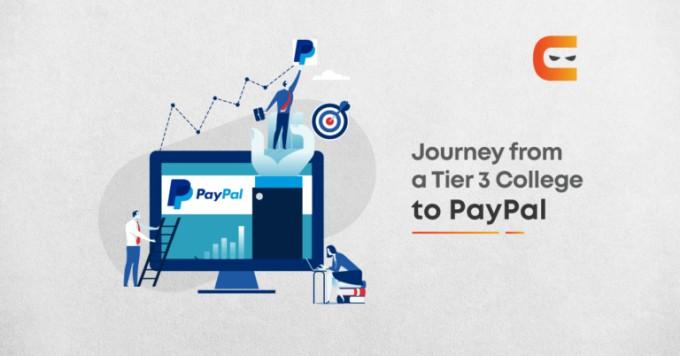Introduction
If you are admitted to a Tier 3 engineering college, you are likely inundated with underwhelming statistics. Approximately only 50% of the passing class may get placements, and the average package would be no more than 3-6 LPA. Possibly less than 10 students may get to study abroad, and even less would get to work in prestigious FAANG+ companies.
Students of tier 3 colleges are often dealt the short end of the stick when it comes to placements and job opportunities. With most high-paying jobs going to students of Tier 1 and Tier 2 colleges, the leftover jobs are often reserved for Tier 3 colleges, where even the best of companies can often come with several offers for low-paying positions, while other companies are reduced to being mass recruiters.

When entering college, Manak Arora, a CS graduate of G.B. Pant Government Engineering College in Delhi, also faced a similar conundrum. On being informed by his seniors that options after graduation were few and far between, Maanak decided that he would pursue a graduate degree from abroad. However, the COVID-19 pandemic upended his plans.
We will also look at the concepts and topics that are a part of the PayPal hiring process.
Click on the following link to read further: Java OOPs Interview Questions, and Operating System Interview Questions
What is the eligibility level to become a PayPal software engineer?
When it comes to eligibility, PayPal does not apply any rigid restrictions on who can and cannot apply for a position. The basic criterion for the position of a PayPal software engineer is that you should be a graduate from a recognised college or university, with a degree preferably in computer engineering, software engineering, or allied fields.
However, as is the case with most companies, simply having the minimum qualification for a job barely ever cuts it. To make it through to a multinational corporation (MNC) such as PayPal, you need to have not just a great degree but also the experience to back up your degree, just as Maanak did with several projects throughout his undergraduate course. To be a PayPal software engineer, you must take up internships and indulge in competitive programming that can prove your mettle to the interviewers.
Maanak was a member of Coding Ninjas, where he learned integral concepts associated with computer science that helped him in competitive programming and his job interviews. Maanak himself mentions how it was only in the final year post-exams that he decided to delve deeply into advanced computer programming with Coding Ninjas Competitive Programming course. And that was what proved to be his arsenal when going through the PayPal recruitment process.
In the domain of software engineering, you will likely have several different options both inside and outside of college to be able to build such experiences, such as the internships that Maanak undertook. It is important to continuously be on the lookout for positions in companies, research groups, as well as student-led groups in your college or university.




